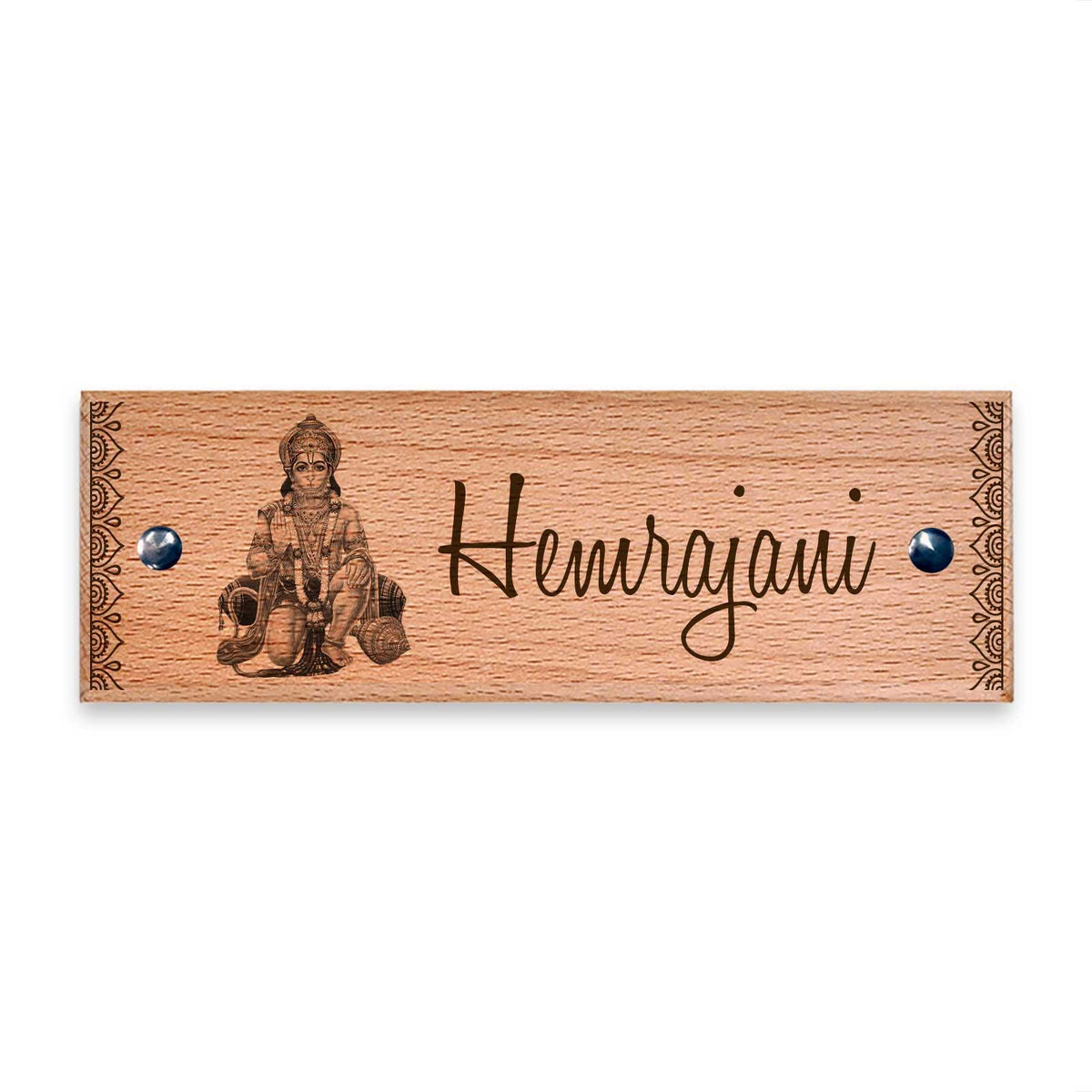
Indian surnames starting with H and their meanings
|
|
Time to read 2 min
|
|
Time to read 2 min
Naming matters is a series of explorations that looks at the stories and meanings behind popular Indian names and surnames. Every episode will dig into a fresh batch and give us something to chew on. In this installment, we look at some popular surnames beginning with H.
| Hari | This name is Sanskrit, Indian origin and generally means The lord of nature. Nakshatra (moon sign) for Hari is/are Punarvasu. This name belongs to rashi Kark (Cancer) and is associated to God/Goddess Vishnu |
| Hatwal | Hatwal is a Garhwali brahmin family name from the northern Indian state of Uttarakhand. The Hatwals were primarily a priestly class who served as pandits at the many Hindu temples in the Himalayan Kingdom of Garhwal, including Badrinath which is part of the auspicious Hindu pilgrimage circuit of Char Dham. The origin of the surname Hatwal is from Hat wale (a person from a village called Haat). Most of the inhabitants of Hat, now in Garhwal, Uttarakhand were called Hatwals. |
| Havyaka Brahmin | Havyaka Brahmins are the Hindu Pancha Dravida Vedic Brahmins from the Indian state of Karnataka. Havyakas profess the Advaita philosophy propounded by Adi Shankaracharya. The word Havyaka is derived from the words Haveega or Haveeka which is variously interpreted as one who is from ahichchatra or as the one who performs Havana and Homa. The traditional vocation of Havyaka Brahmins was to perform the rituals of Homa-Havana and therefore they came to be known by the name of their profession. |
| Hazarika | Hazarika is a surname from Assam, India. Originally the title was conferred by the Ahom kingdom of medieval Assam. The Assamese community has a naming system which is loosely based on their ancestors' profession during Ahom kings' reign. During Ahom reign, Hazarika was commander over 1000 Paiks (Hazar is 1000 in Hindi and Urdu). The surname is common to Hindus and Muslims in Assam. |
| Hajare | Indian surname Hajare/Hazare means thousands in Marathi. Notable people with the surname include: Anna Hazare, Sanjay Hazare, Vijay Hazare |
| Hebbar | Hebbar is a Hindu surname from Karnataka in India. It is found amongst various Brahmin communities, including the Chitpavan Brahmins, Havyaka Brahmins, Kota Brahmins, Panchagrama Brahmins, Shivalli Brahmins, Sthanika Brahmins and Tuluva Hebbars. Hebbar was derived from the Kannada word, hebbu/hiridhu meaning big, and haruva which means a Brahman. |
| Hegde | Hegde or Hegade is a surname from coastal Karnataka in India which has several origins from different communities. It is found among Hindus of the Tuluva Bunts, Brahmins, and Jains. The word "Hegade" is derived from the words "hegg" ("head") and "gaḍ" ("fort"); thus, it means "head of the fort". |
| Hunjan | Hunjan is a surname found among Punjabis. They are part of the Tarkhan (Punjab) clan, which was established from the Central Asian title, Tarkhan. During the Mughal rule of the Indian subcontinent in the early 16th century, Persian traders and merchants, arriving from Hunjan, Iran, settled in the Punjab region and subsequently converted to Sikhism during its immense growth under Guru Gobind Singh’s reign in the 17th century |
| Hussaini | Husseini is an Arabic surname. It is a nisba derivation of the given name Hussein or Husain from the name of Caliph Imam Husain ibn Ali. People with the surname Al-Husseini, Al-Husaini or Husseini are (nominally) descendants of the Islamic Prophet Muhammad through the lineage of his grandson Imam Husain ibn Ali. Imam Husain ibn Ali was the son of Prophet Muhammad's daughter Fatima and son-in-law and Caliph Imam Ali ibn Abi Talib. Husseinis are primarily found in the Arab world, South Asia, Iran and Iraq. Because of their lineage, the Husseini family is considered one to be respected, honoured and are given the title of Sayyid. This title represents a person who is a direct descendant of Prophet Muhammad and his grandson Husain ibn Ali. This title is normally used by the shia sector. |